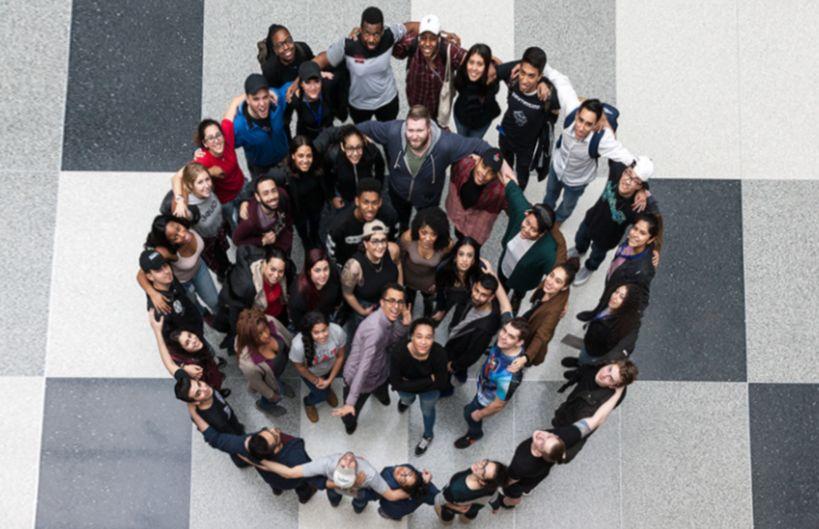
Stimulating Student Rights
The life of the human being as well as the display of its social and psychological reality imply complex and bilateral interaction of an individual itself and his/her social life. The process of their interaction leads to development and formation of personality. From the perspective of social psychology, the individual activity is caused by the human need to belong to the society as well as perceive, evaluate, and interpret it, being identified with a particular social group. The requirements for the behavior of an individual encourage him/her to develop appropriate courses of the pattern (Kohn, 2006). In fact, the sociopsychological understanding of socialization determines the perception of it as a specific formation, the product of social and psychological reflection of social life and social relations.
It means that the socio-psychological reality as the social and psychological phenomenon occurs as the reflection of different forms of communication and interaction. The personality of an individual is formed through his/her experience in the creation and development of the direct social contacts, during which the person is influenced by the microenvironment and macroenvironment such as culture, social norms and values. This implies socialization of the individual.
In the process of the socialization, people form social skills, knowledge, and abilities, which enable them to become the competent participants in social relations. In fact, the socialization influences the person by different circumstances of life. The person attaches to a group trying to become a part of it, to understand the sense of ‘us’ and the sense of ‘I’ among the ‘us’. It relieves loneliness, gives a sense of strength and confidence, leads to the experience of the social life of the group in the process of interpersonal communications, as well as encourages the adoption of individual experience (Kohn, 2006).
It also should be mentioned that society influences the personality through the institutions of socialization. These institutions imply the specific groups to which a person is attached. These groups are characterized by the systems of the specific norms, values, and social relations, for example, family, school, informal organizations, media, etc. They are characterized by stable form of cooperation, established on the basis of specific rules and principles as well as norms that govern it. The institutions of socialization imply the special type of social relationships that ensure integrity of interaction of the person and society according to appropriate standards of person’s behavior in specific situations.
Personality of a student is a rather complex phenomenon. The important social and psychological factors that stimulate the person of this age are the desire for personal assertion and adulthood as well as the need for communication, the intensification of contacts, the view of the previous convictions and ideas, values and norms. In a variety of interpersonal relationships teenagers try to figure out how they are treated by others. In relation to the parent, they show the signs of emancipation, i.e. defending their point of view, escaping from home, etc.
The high level of hormones produced by the organs of internal secretion into the blood causes either heightened or weakened perception of the world as well as the rise or decline in performance and power, followed by mood swings and excessive emotions. The inner world of a teenager may require intimacy and separation from any, even benevolent, external influences. However, the sense of loneliness with their problems may contribute to both strengthened independence and emergence of a certain detachment. During this period, the sexual desire and associated new experiences occur. It encourages the development of needs to be recognized by the representatives of the opposite sex.
However, the process of socialization in the student group may be accompanied by the conflicts, which often provoke negative emotions and affect the learning abilities of the students. If there is a business-related conflict in student's environment, it generally does not lead to the breakdown of interpersonal relationships and emotional tensions. However, if the conflicts arise on the basis of the personal and pragmatic interests, they easily turn into resentment and hostility. It means that sociopsychological climate in the group is quite important as positive atmosphere can help the students fully understand their rights and responsibilities as well as avoid the feeling of being marginalized.
References
Kohn, A. (2006). Beyond discipline: From compliance to community (10th Anniversary Edition). Alexandria, VA: ASCD.